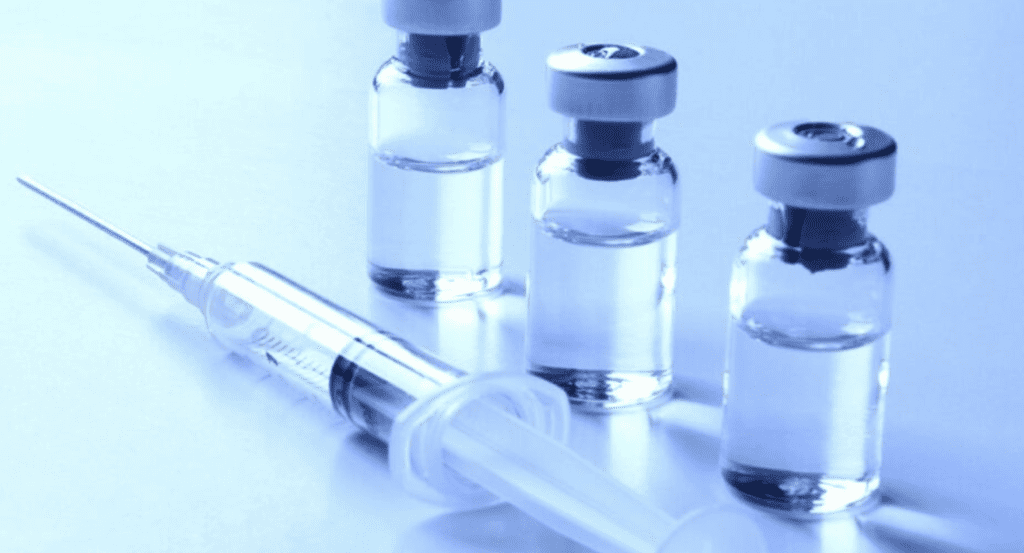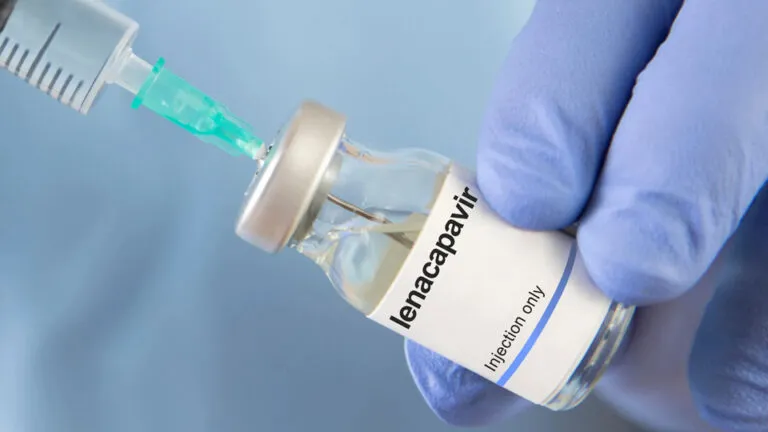In a landmark move to strengthen vaccine sovereignty across Africa, global partners, including the African Development Bank (AfDB), the International Finance Corporation (IFC), and the U.S. Development Finance Corporation (DFC), have pledged $45 million to support vaccine production in Senegal. The investment is directed towards bolstering the manufacturing capacity of the Institut Pasteur de Dakar, a leading biomedical research institute in Africa.
This initiative aligns with Africa’s broader goal to reduce dependence on external sources for vaccines. Currently, the continent imports over 99% of its vaccines, leaving it vulnerable during global crises like the COVID-19 pandemic. The funding will focus on expanding production infrastructure, improving storage facilities, and advancing research capabilities to ensure the region can produce critical vaccines for diseases such as malaria, yellow fever, and COVID-19.
The drive for vaccine self-sufficiency is not just about health; it also encompasses economic benefits. Local vaccine production is expected to create jobs, foster technological advancements, and strengthen public health systems. By reducing reliance on imports, African nations can mitigate risks of supply chain disruptions and ensure timely responses to health emergencies.
The investment comes amid increased calls for equitable global vaccine distribution. African leaders and global health advocates have repeatedly emphasized the need for technology transfer, financial support, and collaborative efforts to enable the continent to meet at least 60% of its vaccine needs by 2040.
While the $45 million funding is a significant step, experts believe more investments are required to fully realize Africa’s vaccine production ambitions. Collaborative efforts between governments, international organizations, and private entities will be crucial in scaling up production and ensuring vaccines are accessible to all.
As the Institut Pasteur de Dakar scales its operations with the support of this funding, the continent inches closer to achieving its vision of vaccine sovereignty. This milestone not only addresses public health challenges but also reinforces Africa’s position as a critical player in global health security.




















